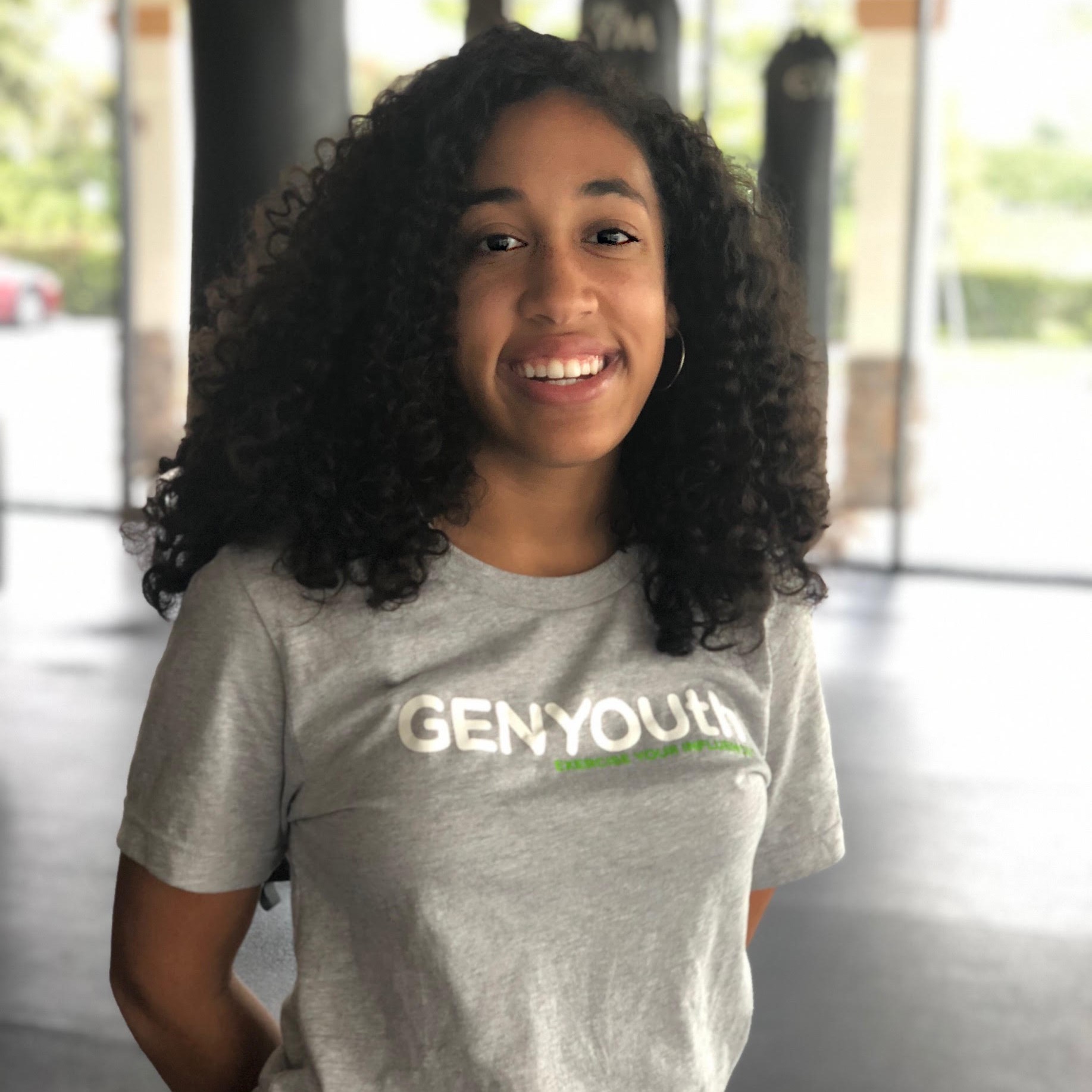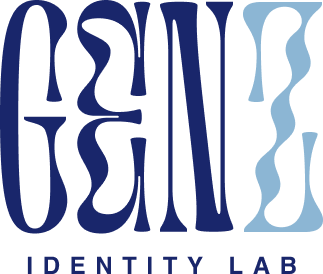Before you begin reading, I want you to humor me and take a second to do this activity.
- Get comfortable and prepare to sit still for a few minutes. After you stop reading this, you’re going to simply focus on your own natural inhaling and exhaling of breath.
- Focus on your breath. Where do you feel your breath most? In your belly? In your nose? Try to keep your attention on your inhale and exhale.
- Follow your breath for two minutes. Take a deep inhale, expanding your belly, and then exhale slowly, elongating the out-breath as your belly contracts.
Now, I have a question for you. How long did it take before your mind started to wonder? Before you started thinking about that thing you have to do in an hour? Or before that TikTok sound started running through your brain? How many little conversations did you have in your head before opening your eyes and reading this?
The breathing exercise I just asked you to do is a mindfulness technique. Through my experience, mindfulness and meditation are essentially a way for you to become present in the current moment. A lot of us, including myself, can get caught up in pointless conversations in our head, and start reminiscing about that thing that happened a few hours, days, or even weeks ago. We may not always notice this, which is the purpose of mindfulness.
What does it mean to be mindful and meditate?
Mindfulness and meditation are two techniques that people use to reach a level of serenity most of us haven’t experienced. Mindfulness is something that you can do anywhere, and it is the act of being present in whatever you are doing. When you’re mindful, you are actively involved with all of your senses, in the present moment, gently bringing yourself back to the conversation or task at hand, instead of allowing your mind to wander. Meditation, on the other hand, is an intentional activity where you focus on maintaining emotional balance, calmness, and clarity, and you can devote however long you want to this.
In today’s society, it has become the norm to walk around in this state of mindlessness. A Harvard report quantifies this observation; “people spend 47% of their waking hours thinking about what isn’t going on.” After self-reflecting, I realized that no matter what I was doing, all I would think about are “what ifs” or what I “should have” done. Thinking of it now, I can’t remember the last time I was TRULY in the moment. With everything going on in the world, it is normal to live in any other moment but the present.
Why begin to meditate?
When I first heard about meditation, I was a little skeptical. I thought this was just something that monks do in the movies as they sit for hours on end, and I didn’t think this was for me until I tried it. My first time truly meditating was when I was sitting in the grass as I was watching the sunset over the lake. I closed my eyes and as I inhaled, I focused on the wind brushing against my skin, and as I exhaled, I could hear the wind whispering through the branches and leaves. After a few seconds of doing this with my eyes closed, I was able to see more than I would in my hours of mindlessly “living”. When I opened my eyes, in some way the world seemed brighter. The lake looked bluer, and the sky looked out of this world. I felt this indescribable feeling of clarity. It was at that moment that I knew I would never let go of that feeling. Meditation has shown me how much beauty surrounds us, and it has given me the tools to never let anything distract me from this breathtaking world that we live in.
Besides this, a plethora of research has been done to determine the effectiveness of meditation. Forbes cites just some of the benefits of meditation; an increase in the health of the brain, increased empathy, improvements in concentration and attention, reduction in social anxiety, increased productivity, and success in school. These are just SOME of the positive consequences and more and more studies are being released every day.
Why is this form of self-care so important for Gen-Z?
These benefits become increasingly prevalent amongst Gen Z because of the overwhelming amounts of stress that we have to cope with. Out of all the generations, Gen Z is the most likely to try meditation and like it. A report shows that 8 out of 9 enjoy it and would do it again. The American Psychiatric Association released a report that shows “More than nine in 10 Gen Z adults (91 percent) said they have experienced at least one physical or emotional symptom because of stress, such as feeling depressed or sad (58 percent) or lacking interest, motivation or energy (55 percent). Only half of all Gen Zs feel like they do enough to manage their stress.” The report goes on to highlight the main reason why our generation is so stressed – having to be exposed to things like mass shootings, suicides, climate change, immigration, and sexual assault. This is why this specific form of self-care is more important than it has ever been.
How Can I Meditate?
1) Take a seat
Find a place to sit that feels calm and quiet to you.
2) Set a time limit
If you’re just beginning, it can help to choose a short time, such as five or 10 minutes.
3) Notice your body
You can sit in a chair with your feet on the floor, you can sit loosely cross-legged, you can kneel—all are fine. Just make sure you are stable and in a position you can stay in for a while.
4) Feel your breath
Follow the sensation of your breath as it goes in and as it goes out.
5) Notice when your mind has wandered
Inevitably, your attention will leave the breath and wander to other places. When you get around to noticing that your mind has wandered—in a few seconds, a minute, five minutes—simply return your attention to the breath.
6) Be kind to your wandering mind
Don’t judge yourself or obsess over the content of the thoughts you find yourself lost in. Just come back.
7) Close with kindness
When you’re ready, gently lift your gaze (if your eyes are closed, open them). Take a moment and notice any sounds in the environment. Notice how your body feels right now. Notice your thoughts and emotions.
Now next time you find yourself mindlessly “living”, I want you to take a breath, look around, and choose to focus on the beauty that surrounds you.

Kayla Bello is a rising sophomore at Fort Lauderdale High School who is passionate about creating equality whether that is environmental, food, racial, or voting equality. She is an active member of Speech and Debate, as well as many environmental organizations. Kayla is also a Youth Council leader for Fuel Up to Play 60 where she leads students across the country, and works to solve many social issues such as food inequality. She wants to create systemic change by working with businesses and nonprofits to help people around the world. Outside of school Kayla loves to bike, run, and find any opportunity to watch the sunset on a lake or the ocean. She recognizes that Gen-Z is the first generation to have the privilege of widespread access to technology, and with that this generation can make real lasting change. She wants to leverage the immense amount of power this generation holds in order to truly make a difference.


